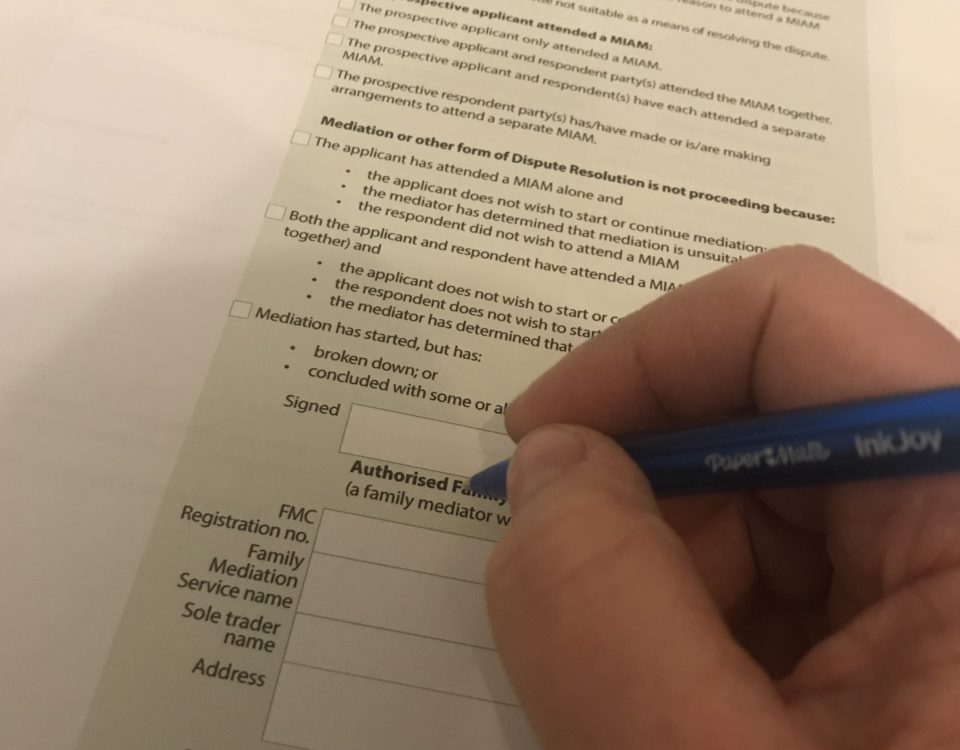
The Gatekeeper
June 23, 2017
When to Mediate?
October 9, 2017
If you are thinking about leaving your partner but want to be kind. An amicable solution is possible.
Divorce and separation: How to say we’re over?
By the time a person has come to the decision that their marriage or partnership is over and separation is inevitable they have often been agonising over it for ages. They start researching about the mechanics of the process and find themselves at my door. When I ask the question, does he or she know? The answer is often I don’t know where to start or I don’t know what to say.
This problem comes not from an insecurity about the inevitable end of the marriage or partnership but from the unpredictability of the situation and the lack of experience about the divorce process.
It doesn’t matter how long the relationship has been over, the reaction of your partner the moment you tell them, is impossible to second-guess; no matter how well you think you know them. By the time you have plucked up courage to talk about divorce or separation, deciding when the time is right is the next big hurdle.
Most couples don’t want to hurt the other person unnecessarily. They just feel sad and want to stop feeling sad. The mere fact one of you tries to end the unhappiness you are sharing by ending the relationship is hurt enough. The leaving partner will often want to treat the other gently.
I’ve known of spouses who had been leading separate lives in the same house and suddenly invite their partner on a holiday, just the two of them. One woman invited her husband on a walking holiday. The reason was, she thought, spending the time together walking side by side would be best for them both to come to terms with the breakup. Of course, the result was a catastrophe of mixed messages. The husband, thought the wife wanted to try again at their marriage and really wanted to make it special. He arranged for flowers and champagne on arrival. Best intentions led to bitterness and anger at the leaving partner conspiring about the end and trying to control the situation.
The months of agonising, researching and finding the right time to break the news, has taken the leaving partner through a mourning process. The moment they broach the subject and have the discussion the partner who has been left starts that mourning process. Unfortunately, they start from a catastrophic event; being told their marriage is over. The emotional upheaval can lead to responses from anger and violent episodes, to severe depression and disengagement with the fact it’s over.
Sometimes, after the first reaction, the partner who is left may blame themselves and try to persuade or negotiate with the leaver to stop the inevitable end of the relationship. It may take time for both to be in the right place to settle matters. The start is when the leaver says they are sure they had tried to make it work and this is where they are. The divorce or separation will happen and they want to work together to share what both parties have rather than spend it on arguing.
The next step will be to choose a mediator who can help them through the process. Often couples find that looking forward can allow them to communicate better and realise separation and divorce can allow them each to become independent and happy.
Deborah Butterworth FMCA Family Mediator
Mediated Dispute Solutions Ltd



